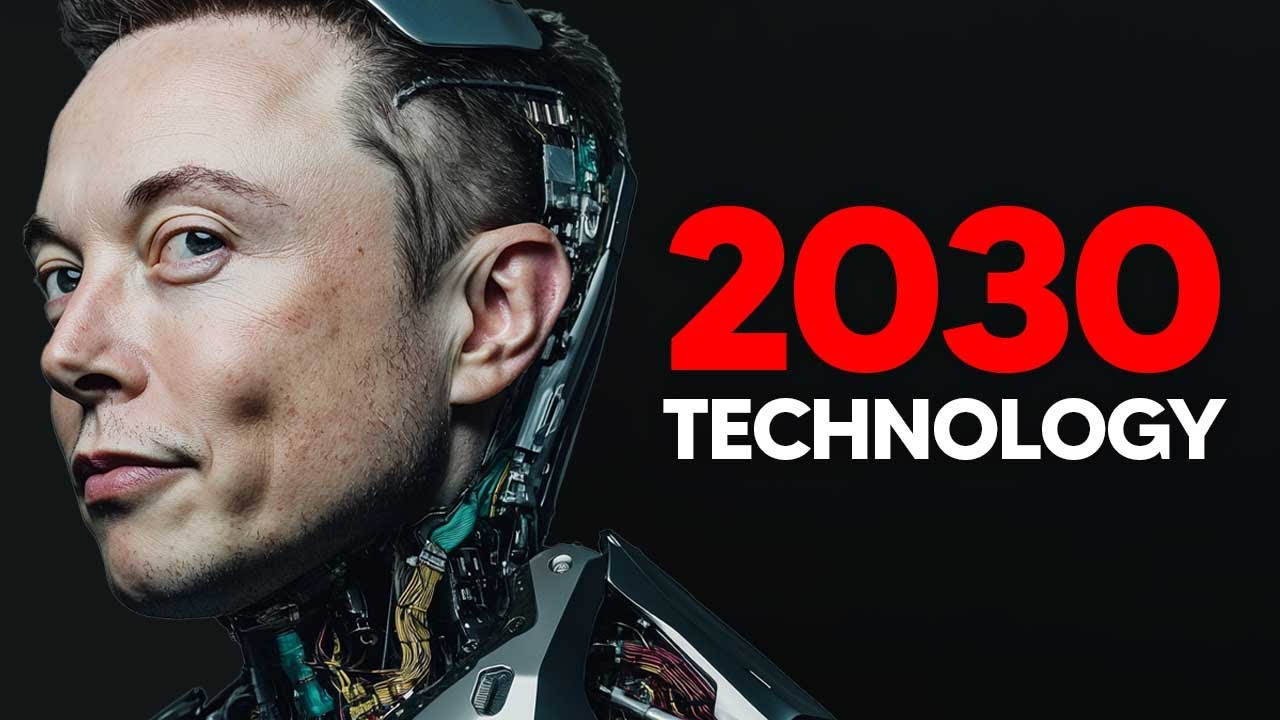The video highlights ten innovative AI companies developing advanced technologies such as brain-computer interfaces, autonomous military systems, warehouse robotics, and automation solutions that could significantly impact various industries by 2030. These companies, including Neuralink, Renovate Robotics, Shield AI, and Covariant, are pushing the boundaries of AI hardware, autonomy, and robotics to transform human life, defense, logistics, and construction.
The video introduces ten innovative AI companies working on advanced technologies that could shape the world by 2030. Among these, Neuralink stands out for its groundbreaking work on brain-computer interfaces, enabling people with paralysis to control devices with their thoughts. Using highly precise robotic surgery, Neuralink aims to develop wireless brain chips that could restore sight, hearing, or mobility, potentially transforming lives and redefining human-computer interaction.
Renovate Robotics is highlighted for its automation solutions in the roofing industry. Their robot, Rufus, can install shingles up to three times faster than humans, improving productivity, safety, and quality while addressing labor shortages. The company plans to lease these robots to contractors, enabling large-scale roofing projects on big buildings and expanding their capabilities to handle other roofing tasks like solar installation, making roofing more efficient and safer.
Shield AI specializes in autonomous systems for military and defense applications. Their flagship software, Hivemind, allows aircraft and drones to operate independently in complex environments without GPS or communication links. Used by the US military, Shield AI’s technology supports swarming operations, autonomous reconnaissance, and mission execution, aiming to keep military forces ahead of adversaries through resilient, intelligent autonomous systems.
Covariant focuses on AI-powered robotics for warehouse automation. Their large-scale models, like RFM1, enable robots to reason, see, and act in dynamic environments, performing tasks such as picking and sorting with human-like flexibility. By training on extensive real-world data, Covariant’s systems improve efficiency and scalability in logistics, helping to address labor shortages and increase productivity in fulfillment centers worldwide.
Other notable companies include Cerebras, which develops massive AI hardware chips for high-performance computing; Anderil, specializing in autonomous military systems and AI command platforms; and Physical Intelligence, creating versatile foundation models that allow robots to perform a wide range of real-world tasks across different environments. These companies exemplify the diverse ways AI is advancing hardware, autonomy, and robotics, promising significant impacts across industries by 2030.
